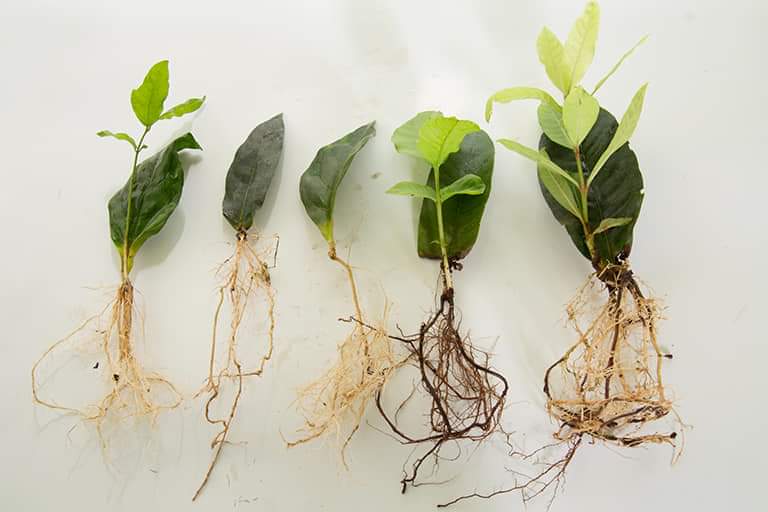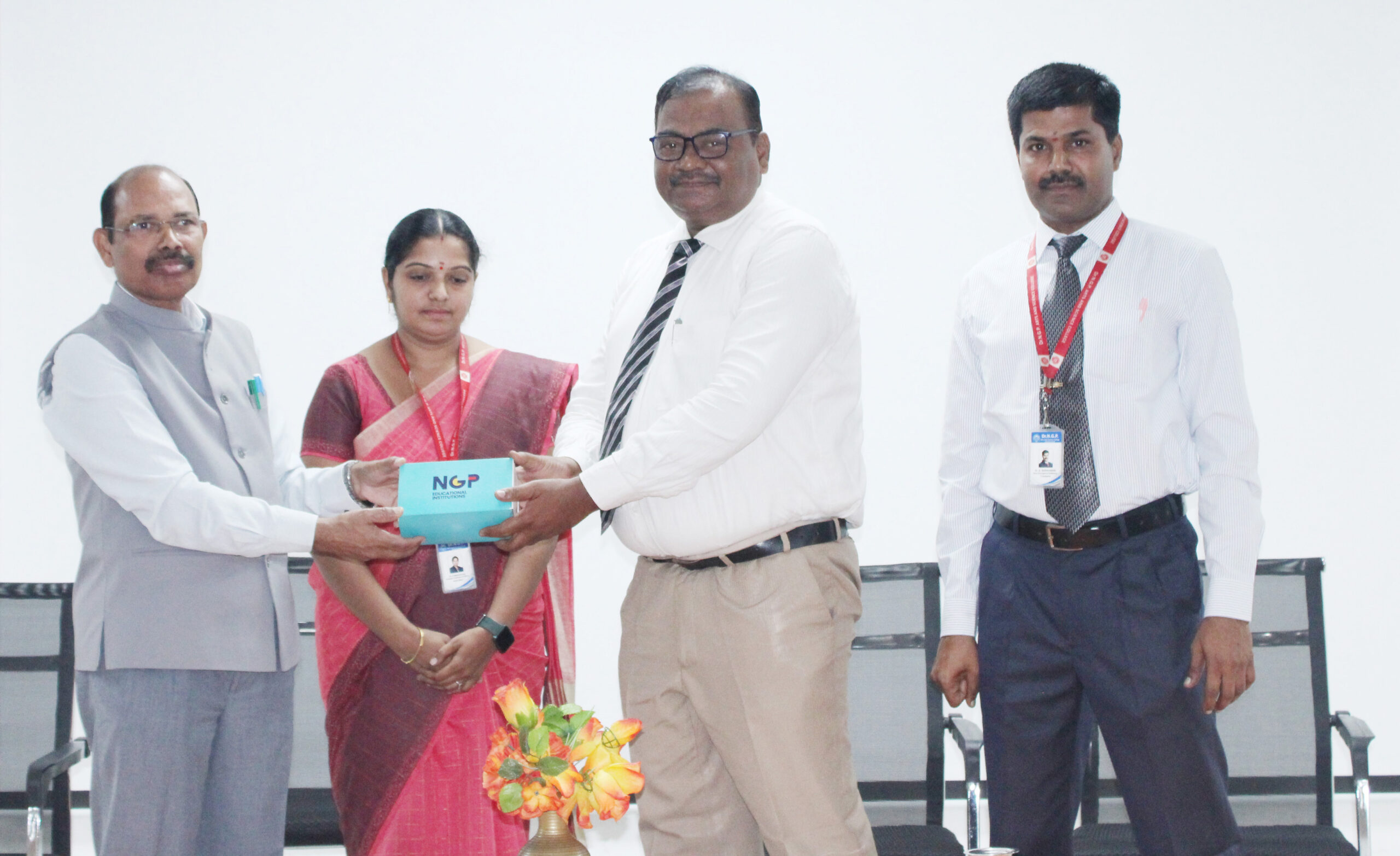Trending Now
- IPL 2024 begins with a bang. First contest between CSK and RCB.
- Election commission allots mike symbol to Naam Thamizhar Katchi
- AIADMK promises to urge for AIIMS in Coimbatore, in its election manifesto.
- Ponmudi becomes higher education minister.
Coimbatore
Taking root from leaves: researcher pioneers new cash crop cultivation
![]() October 28, 2019
October 28, 2019
Eden Nursery owner, S Rajaratnam, produces saplings from leaves. This cost-effective method will also ensure genetic purity of the sapling, he says.
In a pioneering initiative, saplings of two cash crops are now being grown from leaves. S Rajaratnam, the owner of the 25-year-old Eden Nursery Garden at Mettupalayam, had pioneered this technique in 2012 and is now awaiting a patent.
He tells The Covai Post, “There are many ways of cultivating seedlings like from seeds, stem cuttings, ground layering, hand layering, tissue culture, mulching and planting. Now my technique is the next stage that is producing saplings from leaves. In this method, saplings will have genetic purity and all properties of root plant. This method is also cost-effective, easy to learn and implement.”
So, what is the method?
“Soil is the main thing here and we have designed a covered polythene tunnel, where we pick the chosen leaves and inject it with rooting hormones like IAA and IBA then immerse it in tender coconut water. Keep the leaf’s petiole part soaked in the water for half an hour and then plant it in polythene bags inside the tunnel. This poly tunnel’s temperature should be only 30 per cent sunlight and 70 per cent shade. After four to five weeks, roots will form and then we can remove the polythene cover. We leave the saplings and leaves in the tunnel, so that they go to the next stage. So in the next four to five weeks new roots of another fresh sapling will be formed,” says Rajaratnam.
Currently he has standardised jasmine flower and Ixora (colloquially called Idly poo) for this technique. He is also experimenting with food crops like guava, betel, naval, kakda flowers, sandal and others. Rajaratnam devised this method, when he could not find funds to increase annual production of seedlings in his nursery. He studied tissue culture and devised this alternative method with the help of a Rs.6.25 lakh grant from Ministry of Micro, Small and Medium Enterprises (MSME) through TNAU.
“They evaluated and studied it before giving us the grant. Besides this, a Hyderabad-based organisation called Manage or National Institute for Agricultural Extensive Management affiliated to the Central Ministry of Agriculture has selected me as mentor of nursery business in their website,” he adds.
So how do these saplings compare with regular seedlings? “Actually these saplings have more roots and genetic purity, so they plant easily, are stronger and absorb soil nutrients faster. We are particular about selecting leaves with at least nine nodes. Naturally their yield will be 20 per cent more than the regular seedlings or saplings. My aim is to produce saplings that will enhance and not deteriorate farmer harvests and livelihoods,” said Rajaratnam.























